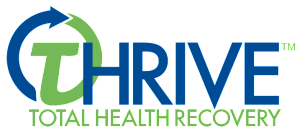A word that strikes fear in the heart of anyone who loves someone battling addiction.

People who have relapsed often put labels on themselves, and others put labels on them too. Some of the labels are, that they are weak or don’t care, they should be ashamed of what they put their families through, where is their self-respect? The negativity goes on and on and on.
Addiction to drugs or alcohol is serious, and life threatening. Every person who is addicted and has relapsed is fully aware of the dangers and yet they do it anyway. Why?
Let’s look at some acceptable addictions.
To begin to understand, let’s look at some other addictions that are perhaps, not as life threatening and maybe even more socially accepted, but addictions just the same.
Nicotine, for example, is a highly addictive substance. Many smokers may stop smoking, at least, for a while. Then for one reason or another they begin to smoke again. Sometimes before a smoker stops for good, they have made serious attempts to stop several times. A smoker’s relapses, and that’s what they are, are never called the “shameful” word, relapse.
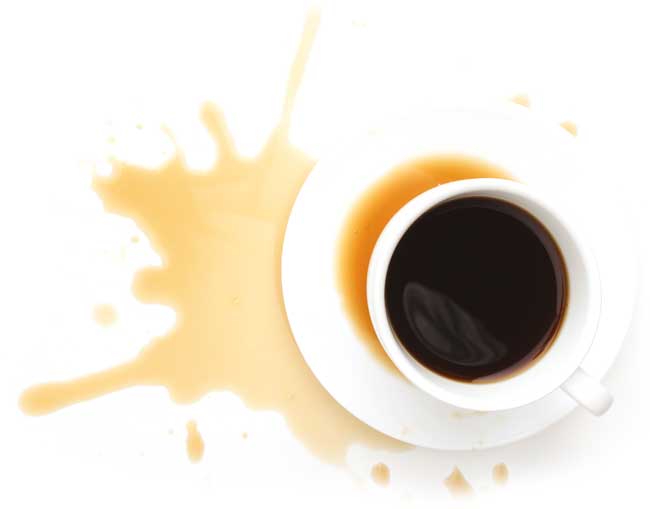
Most people don’t even consider it an addiction, even though they might admit that they must get their day started with a cup or two of coffee or maybe an energy drink. Sometimes if people don’t get their usual dose of caffeine they go into withdrawal. According to One Medical, caffeine withdrawal symptoms can begin in 12 – 24 hours and last up to 9-days. Those symptoms include headache, fatigue, anxiety, irritability, depressed mood, difficulty concentrating, drowsiness, brain fog, and flu-like symptoms with muscle aches. How many people who want to give up caffeine do you think might have a “relapse” after suffering from those symptoms for a while?
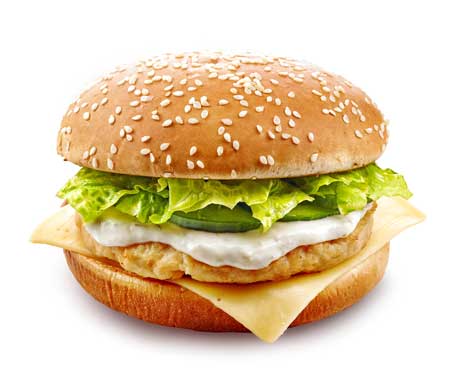
Shame may be a part of relapses with any addiction that is temporarily overcome and then started again.
The process for all addictions and relapse is similar. However, other addictions do not have the stigma that is attached to someone who relapses to drug or alcohol abuse.
For each unsuccessful attempt to permanently stop smoking, using caffeine, dieting, or abusing drugs or alcohol can be viewed as a failure. In fact, it can be seen as an opportunity to learn how to improve the next attempt to overcome the behavior.
Sometimes people who have achieved sobriety believe they have learned how to limit themselves to just social use, and feel like they should be able to use as everyone else does.
They usually quickly find out that is not true. People sometimes stop using for someone else, which usually doesn’t work. If someone quits just to maintain a relationship and then the relationship becomes rocky, that can be an opportunity to start using again.
Relapse occurs for many different reasons, but it doesn’t have to be the end of the road. It can be the beginning of learning how to maintain long-term recovery.
At Gulf Breeze Recovery, we understand addiction and recovery. If you or someone you care about, has an ongoing history of substance use and/or relapse, we can help.
We know that each person with addiction faces individual challenges that cannot be addressed with a cookie-cutter treatment program. Our program offers holistic care with intensive individual counseling. If you or someone you care about, has an ongoing history of substance use and/or relapse, we can help.
If you or someone you care about, has an ongoing history of opioid or any other substance abuse and/or relapse, we offer hope and we can help. Contact us at Gulf Breeze Recovery or call: 833.551.2356 to speak to an addiction expert to learn more about our program that has helped so many people overcome their addiction, rediscover their dreams and embrace life.
We help people not just to survive, but to THRIVE®
 About Gulf Breeze Recovery:
About Gulf Breeze Recovery:
Gulf Breeze Recovery, unlike other treatment centers in Florida, is a non 12 step holistic drug and alcohol rehab that is changing the future of addiction treatment with their THRIVE® (Total Health Recovery) program focused on overcoming chronic relapse.
Gulf Breeze Recovery’s THRIVE® program is a non 12-step approach designed for those who are looking for a drug and alcohol treatment program to produce a different and positive result.
This non-12 step program allows you to drive beyond your addictions and promotes a new outlook on life.
We are licensed by the Florida Department of Children and Families, and our last audit scored 99.7! Also, we are gold certified by the Joint Commission.
Want to read more about Gulf Breeze Recovery’s non 12 step, holistic drug and alcohol rehab? Check out some of our latest posts:
Researchers Identify Role of Key Brain Signaling Protein in Alcohol Use Disorder
January 29, 2021
College Students Who Returned Home Due to Pandemic Drinking Less
January 29, 2021
Overdose Deaths Soar in the Midst of a Pandemic
January 27, 2021
Alcoholism Today in Seniors and Younger Generations
January 20, 2021
End Chronic Relapse and Start a New Life!
At Gulf Breeze Recovery we don’t want you to have just a great recovery, we want you to have a great life!


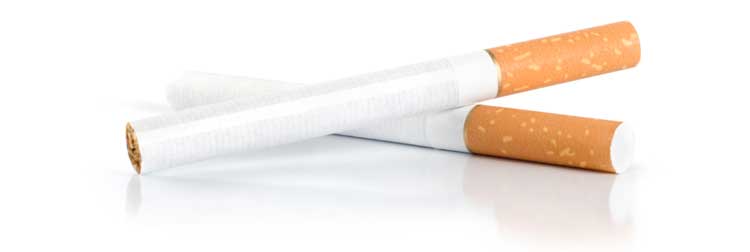

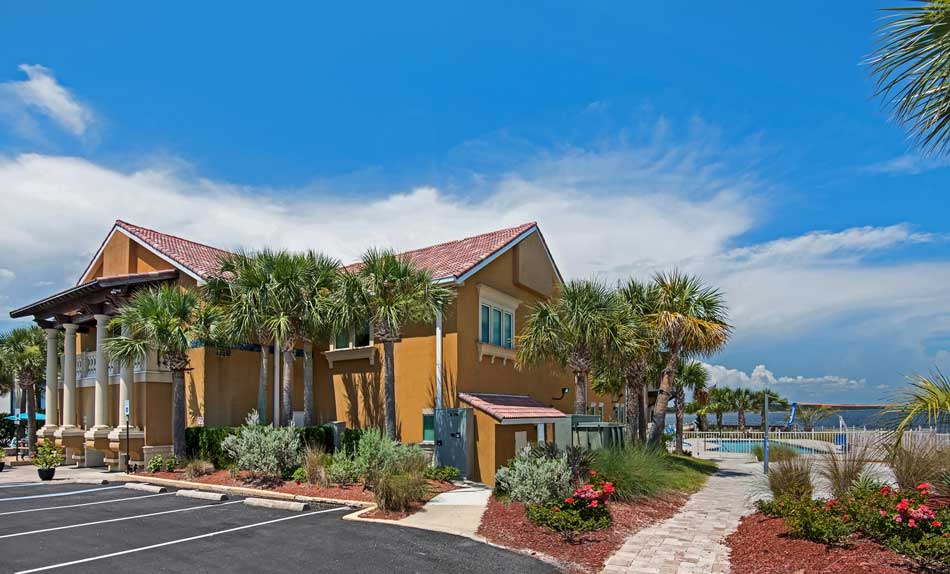
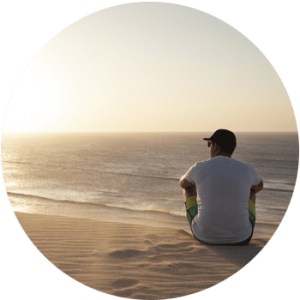 About Gulf Breeze Recovery:
About Gulf Breeze Recovery: